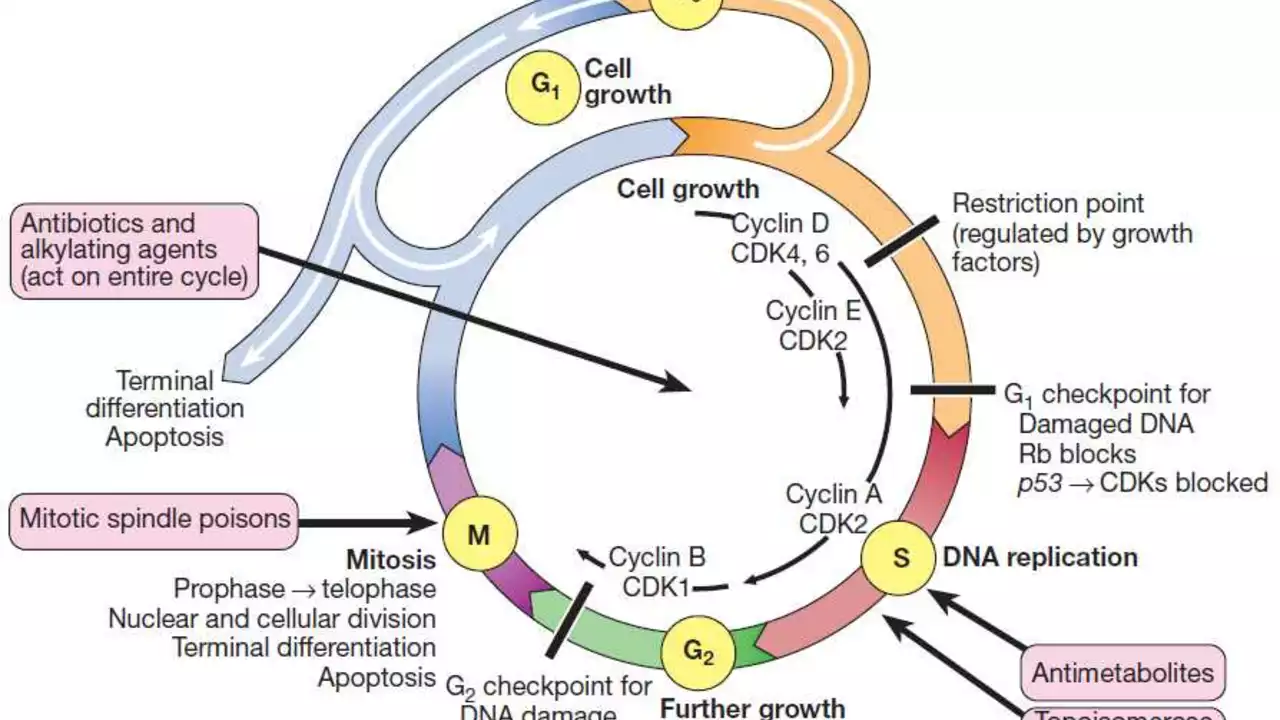
Introduction to Tumor Growth Factors
As a blogger who has been researching and writing about various health-related topics, I've come across a term that is often mentioned in the context of cancer research – Tumor Growth Factors. Though it sounds quite technical, in this article, I aim to break down what these factors are and how they work. Hopefully, by the end of this read, you'll have a better understanding of this complex subject.
Understanding Tumor Growth Factors
Firstly, let's look at what Tumor Growth Factors (TGFs) are. These are proteins that are responsible for regulating cellular functions in the body. Specifically, TGFs control the growth, division, and survival of cells. In a normal, healthy body, TGFs help maintain balance and prevent uncontrolled cell growth. However, in the case of cancer, these growth factors can go awry, leading to the proliferation of cancerous cells.
Types of Tumor Growth Factors
There are several types of TGFs, including Epidermal Growth Factor (EGF), Platelet-Derived Growth Factor (PDGF), and Transforming Growth Factor-beta (TGF-β), to name a few. Each of these factors plays a unique role in cell growth and division, and their overexpression or underexpression can contribute to the development of cancer.
The Role of Tumor Growth Factors in Cancer
In the context of cancer, TGFs can play both a protective and destructive role. On the one hand, they can halt the growth of cells, acting as a tumor suppressor. On the other hand, high levels of TGFs can also promote tumor growth, invasion, and metastasis. This dual role of TGFs makes them a complex and interesting area of study in cancer research.
How Tumor Growth Factors Promote Cancer
The way TGFs promote cancer is by disrupting the normal cell cycle. The cell cycle is a series of events that take place in a cell leading to its division and duplication. In a healthy body, this cycle is tightly regulated. However, in the presence of certain TGFs, this cycle can go haywire, leading to uncontrolled cell growth and division, a hallmark of cancer.
Treatment Strategies Targeting Tumor Growth Factors
In recent years, TGFs have emerged as a promising target for cancer therapy. By blocking the action of these growth factors, it may be possible to slow down or even halt the growth of cancerous cells. Several drugs that target TGFs are currently in clinical trials, and some have already been approved for use.
Challenges and Future Directions
Despite the promise of TGF-targeted therapies, there are several challenges that need to be overcome. One of these is the dual role of TGFs in cancer. Since these growth factors can both promote and suppress tumors, targeting them requires a delicate balance. Moreover, TGFs are involved in many normal cellular processes, so targeting them could potentially have unwanted side effects. Nonetheless, with further research and development, TGF-targeted therapies could become a powerful weapon in the fight against cancer.
Conclusion
Understanding the role of Tumor Growth Factors in cancer is no easy task. These proteins play a complex role in the body, and their disruption can have severe consequences. However, the more we learn about these factors, the closer we get to developing effective treatments for cancer. As we continue to delve into this fascinating topic, I hope that this article has shed some light on the intricacies of TGFs and their role in cancer.
Write a comment
RECENT POSTS
- Fucus Vesiculosus: The Secret Seaweed Supplement for Weight Loss and Optimal Health
- The role of supplements in managing high uric acid levels
- Revolutionize Your Diet with the Belladonna Supplement: The Key to Unlocking Your Weight Loss Potential
- Understanding Bursitis: Causes, Symptoms, and Treatment
- The Role of Vanilla Dietary Supplements in Achieving a Balanced Diet
Written by Caspian Strydom
View all posts by: Caspian Strydom